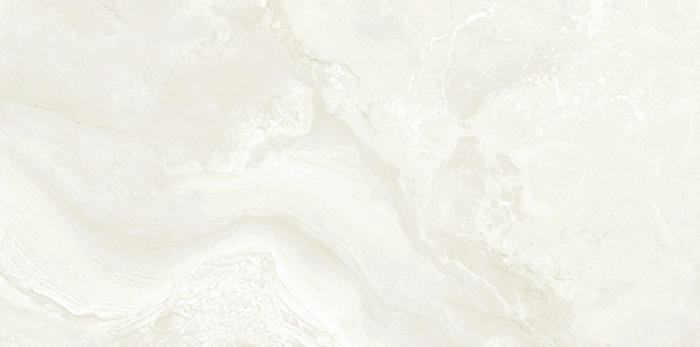When installing tile in your home, you're no longer limited to run-of-the-mill factory-produced ceramic, porcelain, or vinyl floor tiles. A new budget friendly, versatile, and long-lasting alternative is precast concrete tile, custom made for your application. Concrete tile can be used just about anywhere, indoors or out, including floors, walls, fireplace surrounds, pools and patios, shower enclosures, countertops, backsplashes, and building façades. In many cases, concrete tile sizes, finishes, and colors can be customized to suit your design needs.
Concrete Tile Is More Versatile
You can find concrete tile patterns that fit any room size. You're not limited to standard-sized squares. Although you can certainly recreate the look of tiles with repeating squares, concrete allows more versatility for including cutouts and embeds, imprinted patterns, three-dimensional sculptural designs, and more. Check out these images of concrete tile patterns or view the entire concrete tile photo gallery:
Concrete Tile Offers More Color Options
You're not limited to a predetermined color palette as is typical with factory-produced tile. With concrete, you can customize the color of your tiles to blend with your décor, such as choosing a shade that complements the wallpaper in your kitchen. Concrete tile manufacturers offer thousands of color options, ranging from soft natural earth tones to vibrant cherry reds. You can go with a uniform color or add more character by dreaming up a custom color blend. Read more about coloring concrete.

Why Use Concrete Floor Tiles?
How Does Concrete Tile Stack Up In Price Compared To Traditional Tile Materials?
One of the best attributes of concrete is its ability to be tailored to any budget. Certainly, there are types of ceramic or vinyl tiles that may cost less, but you'll generally have to make sacrifices in quality and design versatility.
Talk to the contractors who make concrete tiles and they'll be able to find a way to produce the look that fits your budget parameters and design needs. Overland Ceramics,a company that designs and builds concrete countertops, custom cement tile, and more, says, "Not only can we produce elegant tile designs, we can do shorter runs than are possible for a ceramic tile maker."
How Will Concrete Tile Hold Up In My House Or Business?
Concrete is one of the most durable and long-lasting surfaces around. It is an optimal flooring surface for homes, offices, and retail environments because it can resist wear and tear, heavy foot traffic, stains, and moisture exposure. Check out these other resources about the durability of concrete: Questions about Concrete Floors
Concrete Tile Is Environmentally Friendly
Concrete tiles are often produced by local concrete tile supplier and use recycled materials, such as crushed glass, recycled aggregates, and silica fume. In addition, concrete tiles are so durable, they rarely require replacement. If you ever do decide to replace them, the concrete can be recycled. Read more about the eco-friendly benefits of concrete.
Best Places to Install Concrete Floor Tiles
Watch how concrete tiles offer an endless array of colors, shapes and textures.
Where to install concrete floor tile
Overview Of Concrete Tile Installation
Concrete tiles can, for the most part, be installed like other types of tile. But there are some caveats to be aware of:
Concrete tile is a bit heavier than ceramic tile.
Concrete tile should be handled with care prior to and during installation. Avoid stacking the tiles and dropping them.
To prevent staining, it is advisable to seal concrete tile surfaces with a penetrating sealer before grouting. This will also make it easier to spread the grout and assist in cleanup. To provide Lasting protection from environment elements and stains Concrete Sealers,have introduced a sealing process specifically engineered for encaustic cement tile, learn more.
You should always test a colored grout on a spare piece of concrete tile to be sure that the grout pigment does not stain the tile surface.
For installation of concrete tiles use a name-brand fortified thin-set or tile mastic that is recommended for the surface you are mounting the tile to.
After beginning tile installation, remove a piece of tile to inspect the coverage of adhesive you are getting on the back. Ideally, it should be covering 90% to 100% of the surface.
Due to the weight of concrete, when installing on walls you will need to support each tile to avoid slipping.
Maintaining Concrete Tiles
The maintenance requirements for concrete tiles will vary depending on the application and whether the tiles are used on an exterior or interior surface. For example, concrete tiles used as an interior wall cladding will require very little maintenance, while tiles used on a floor or countertop or on an exterior surface exposed to the elements will require regular cleaning and resealing to keep them looking their best. Read these how-to tips for cleaning concrete floors, countertops, and exterior surfaces.

